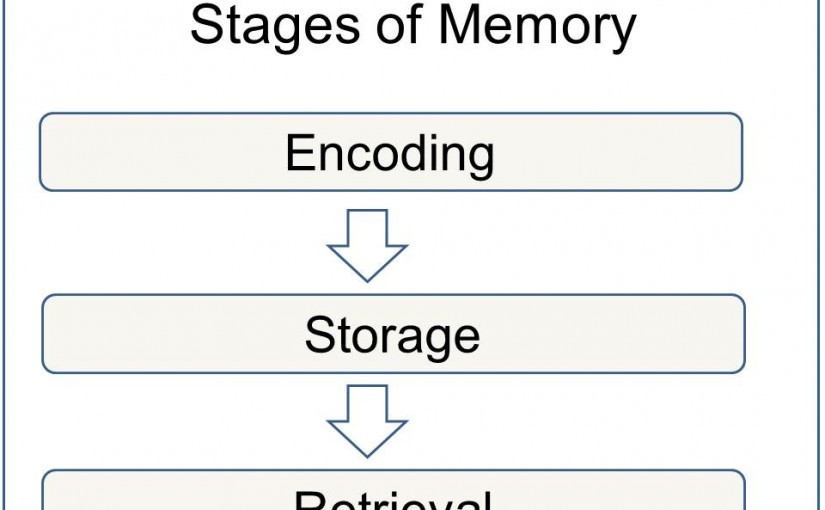Although everyone is aware of what memory actually is, it is important to understand what it actually means, and how it can be affected, in psychological terms.
Memory is a very subjective term. A person is said to have a good memory when they are able to retain and recall and event or an object from the distant past. However, it is not yet determined how distance the past has to be in order to call the person an individual with ‘excellent’ memory powers. Our studies have shown that the psychology of the human mind is intimately connected with the memory of an individual, and our experts have tried to prove that through their observations and discoveries. Based on our studies at newspsychology we have come to the conclusion that there are essentially three stages which can determine memory.
The Three Stages
Psychologists assess memory based on three main staged, which is evaluated. They are:
- Encoding and Understanding information is the first stage, where, by means of the senses, you will be able to perceive a situation, and then prepare your mind to retain it. this can be either visual, auditory, semantic or even olfactory (remembering a smell, or associating it with something)
- Storing the information that you thus, perceive is the next stage. In this stage, you actually retain the information which you have decided to come across. This is usually easier when you do so with associating it with something else from your memory (such as a phone number, a smell, a face, a place, etc.)
- The final stage is retrieving the information that you have decided to retain. Memory is essential of two types- long term and short term. Long term memory is when you can recall things from your childhood. However, if you have psychological problems, you may not be able to remember what you were doing 15 minutes ago.
